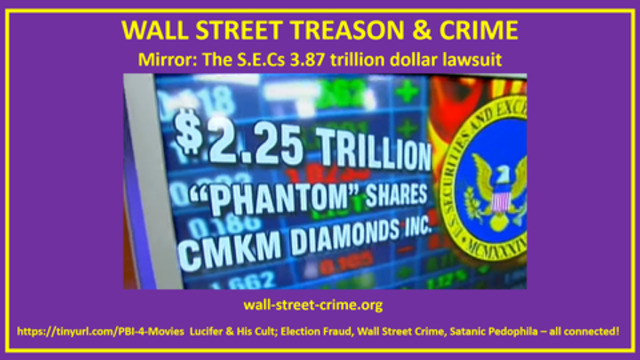Matt Taibbi
Rolling Stone, 4 August 2010
Cue the credits: the era of financial thuggery is officially over. Three hellish years of panic, all done and gone – the mass bankruptcies, midnight bailouts, shotgun mergers of dying megabanks, high-stakes SEC investigations, all capped by a legislative orgy in which industry lobbyists hurled more than $600 million at Congress. It all supposedly came to an end one Wednesday morning a few weeks back, when President Obama, flanked by hundreds of party flacks and congressional bigwigs, stepped up to the lectern at an extravagant ceremony to sign into law his sweeping new bill to clean up Wall Street.

